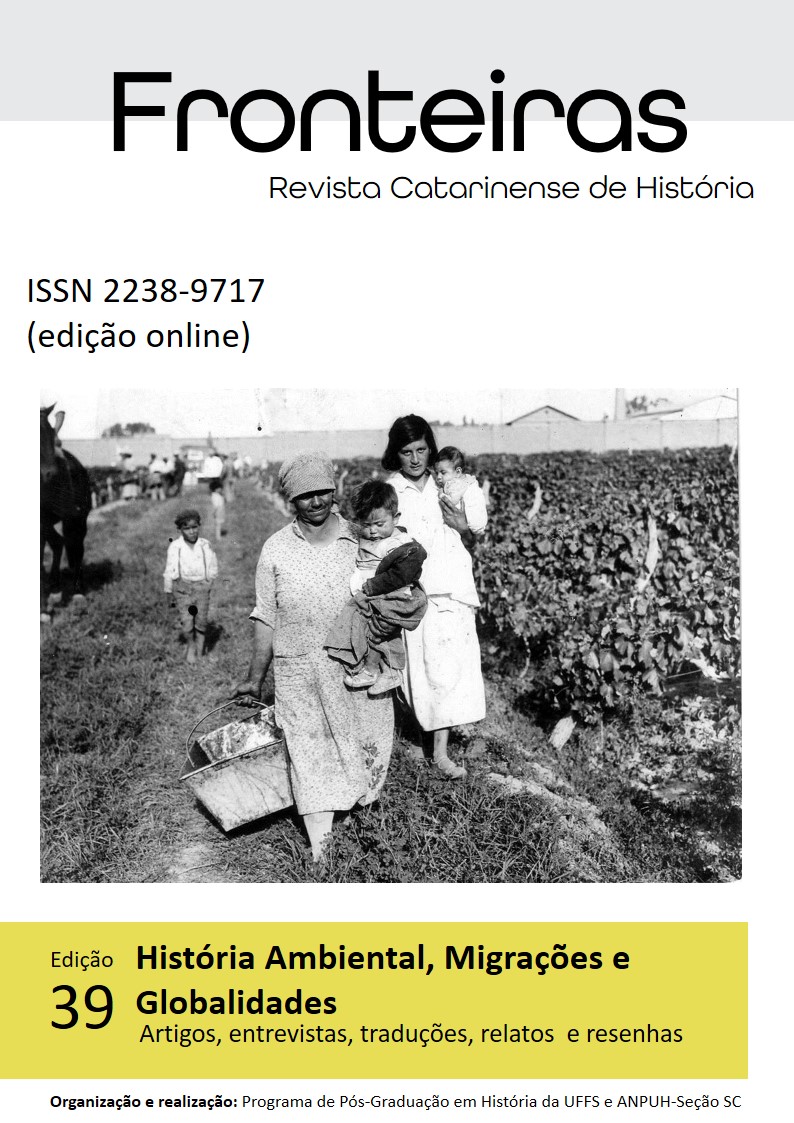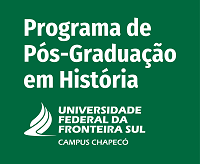Not all apples are the same
fruit writing in Henry David Thoreau, and Georges Delbard (1862, and 1986)
DOI:
https://doi.org/10.29327/253484.1.39-16Keywords:
Apple, Environmental history, Plant critical studies, PlantocracyAbstract
In this article, the object are two cultural productions that are separated in time and space, between the 19th and the 20th century, which address stories of multiple temporalities about specific plants, apple trees, between clashes and political and cultural projects: Wild Apples, by Henry David Thoreau (1862), and Jardinier du Monde, by Georges Delbard (1986). The proposal to link the two sources is to guide some concepts and possible readings around an environmental history that dialogues a lot with ecocritical studies and critical studies of plants. In this sense, Thoreau's writing is understood as an anti-colonial perspective, while Delbard's, in addition to technical experience in fruit-growing modernizing projects, is characterized as a colonialist writing.



















